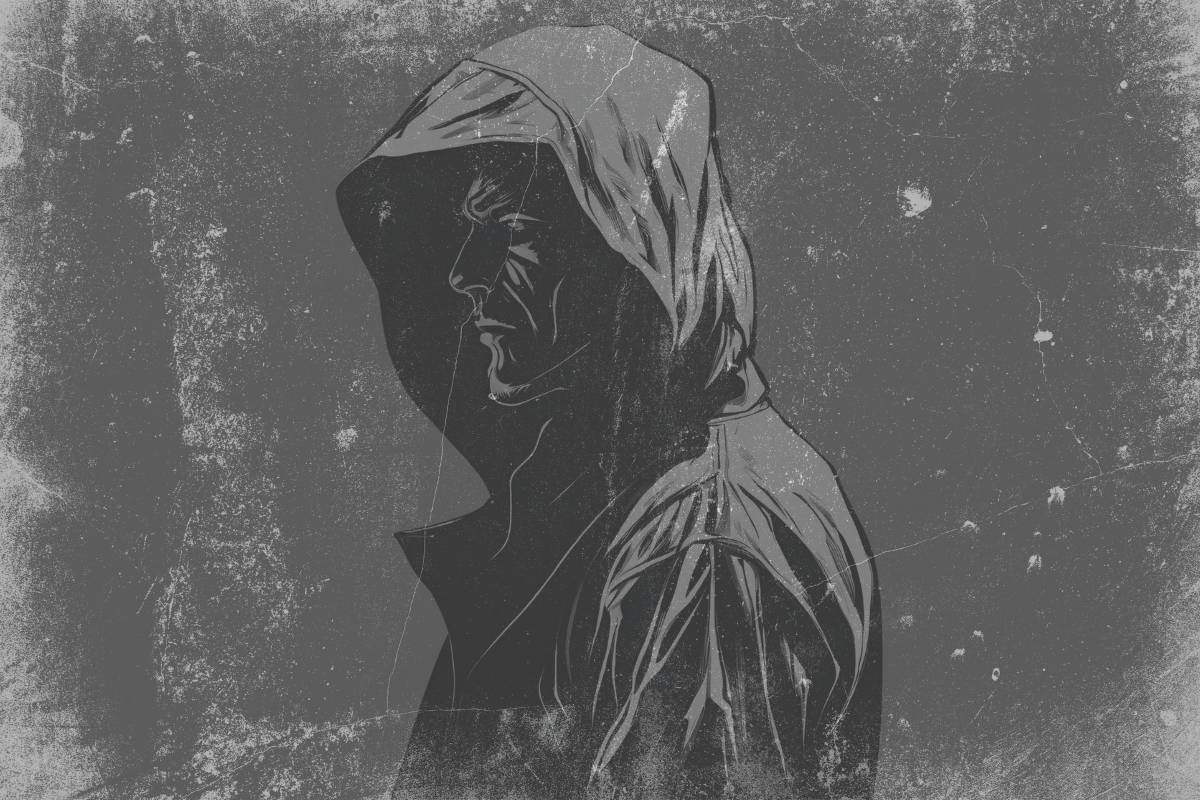
In a world that often sweeps our struggles under the rug, I stand here, unashamed and unafraid to share my story. Just as body shaming perpetuates stereotypes and prejudices, the discrimination against those battling mental health issues does the same. It's time we recognize the silent pain endured by individuals facing conditions like stress, depression, and bipolar disorder, which can, at times, lead to the darkest of thoughts. We must acknowledge that these individuals fight battles unseen, yet excruciatingly real.
The experience of living with a mental health disorder is akin to navigating a labyrinth of emotions, a rollercoaster ride through a mind caught in a tempest. The stigma and discrimination against those with mental health challenges only make this journey more treacherous. Just as body shaming can lead to eating disorders and mental distress, the discrimination against individuals with mental health issues exacerbates their struggles, making them feel that they lack worth and that their pain is invalid.
I, Carson Anekeya, am no stranger to these battles. As a mental health advocate who also grapples with bipolar disorder, I have experienced the depths of this turmoil firsthand. My aim in sharing my story is to shed light on the need to eradicate discrimination against individuals facing mental health challenges and to emphasize the importance of empathy, understanding, and support.
Individuals with mental health issues are too frequently reduced to their conditions, their identities overshadowed by the very struggles they endure. Discrimination against people with mental health issues strips them of their dignity, relegating them to mere diagnoses rather than recognizing their humanity. Discrimination further entrenches the belief that they are fundamentally flawed, undermining their self-worth and perpetuating a cycle of suffering.
We must dispel the myths and stereotypes surrounding mental health that often contribute to discrimination. One pervasive misconception is that individuals should be ashamed of their mental health conditions, as if they reflect personal failure. This toxic narrative forces many to hide their struggles, exacerbating their pain. However, the reality is that mental health issues are complex and multifaceted, often stemming from a combination of genetic, environmental, and biological factors. Blaming individuals for their conditions is as unhelpful as blaming someone for their physical appearance. The burden of shame should not be placed on those who already bear the weight of their conditions.
For individuals with mental health conditions, the world can be a minefield of triggers and obstacles. Even accessing appropriate care can be a challenge, as mental health services are often underfunded and stigmatized. Acknowledging this privilege is not an admission of guilt but a call to action to advocate for equitable access to mental health resources and to stand in solidarity with those who face discrimination.
Furthermore, the burden of societal standards, society imposes unrealistic expectations on individuals' mental health. The notion that happiness can only be found in the absence of mental health issues is as fallacious as the belief that thinness equates to success. Our society's obsession with perfection fosters a culture of self-doubt and inadequacy, perpetuating the discrimination faced by those with mental health conditions. Just as fatphobia forces individuals to strive for an unattainable standard of thinness, mental health discrimination pushes individuals to hide their struggles in pursuit of an unrealistic vision of “normalcy.”
It's time we break free from the chains. It's time for a collective awakening, a shift in perspective. We must strive for a society where individuals with mental health conditions are not only accepted but embraced, where their struggles are met with compassion, and where they can seek help without fear of judgment. It's a journey that begins with education, understanding, and empathy.
As someone who has lived with bipolar disorder, I am proud to be a mental health advocate. I have endured the pain of discrimination and the stigma associated with my condition, but I refuse to let it define me. I am more than my diagnosis. I am a happy, productive, strong, and intelligent individual who loves life as it is, despite the challenges I face. Mental health discrimination must end. We must stop cutting off the heads of those who suffer, hiding their pain, and perpetuating the cycle of shame. Mental health is a part of the human experience, and we must embrace it, understand it, and support those who face it head-on.
Just as I am unashamed of my body, I am unashamed of my mental health. Discrimination against individuals with mental health issues is a societal ill that we must confront and conquer. We must recognize the humanity in every individual, irrespective of their mental health status, and work towards a world where empathy and understanding prevail over discrimination and stigma.
Together, we can break the chains that bind those who suffer silently, and we can create a future where mental health is embraced, supported, and celebrated. Let us stand united in this endeavor, for the mental well-being of all is a cause worth championing.
Ultimately, my mental illness is not your bogeyman; it's an integral part of my identity, and I embrace it with pride.
Carson Anekeya: Digital Journalist, Media Personality, and Mental Health Advocate, I'm a dynamic Digital Journalist and Media personality with a passion for amplifying critical voices and advocating for Mental Health Awareness. Being a prominent figure in the Health Journalism Network, where I focus my expertise on Health-related topics, with a particular emphasis on Mental Health issues. My Twitter account serves as a platform for fostering open conversations about Mental Health, providing valuable insights, resources, and support to a wide audience. My work in the Digital Journalism realm and their unwavering commitment to Mental Health Advocacy underscore my invaluable contribution to both Media and Mental Health Awareness.








